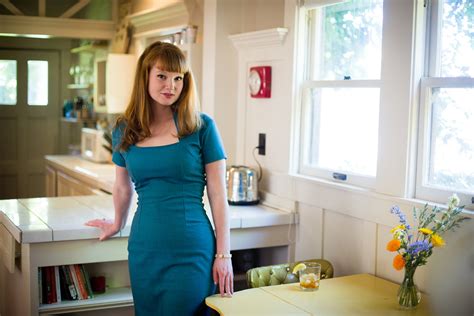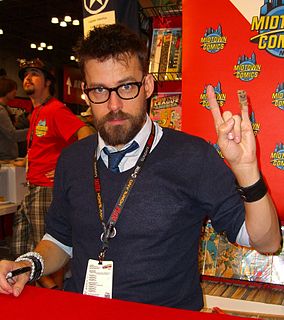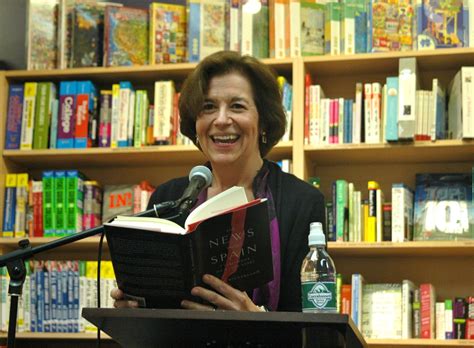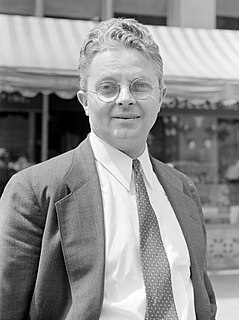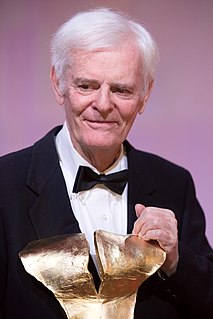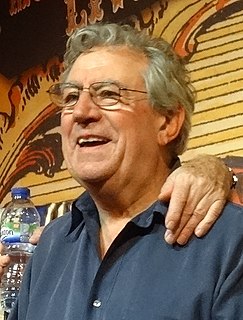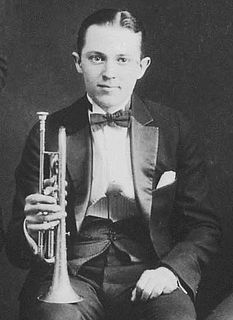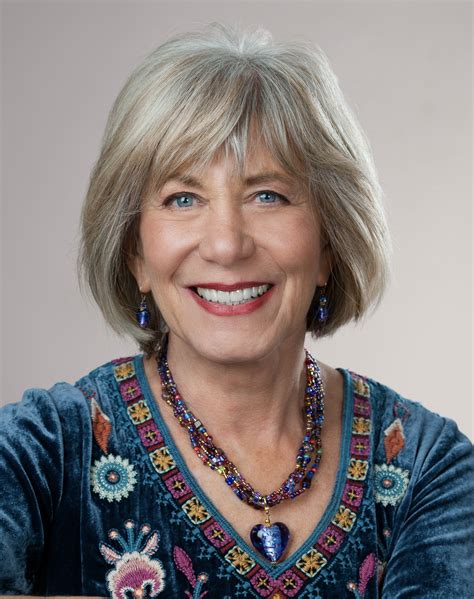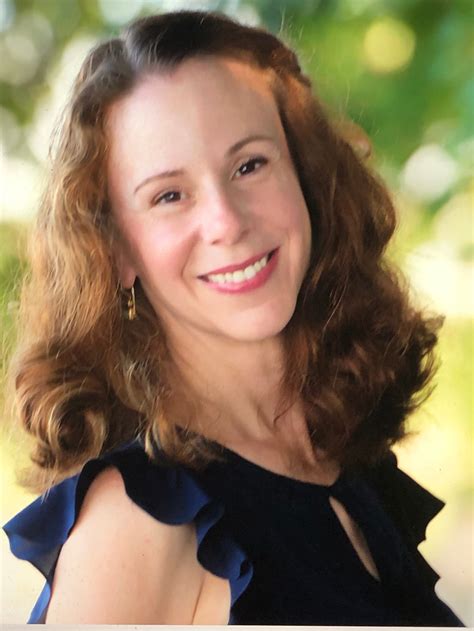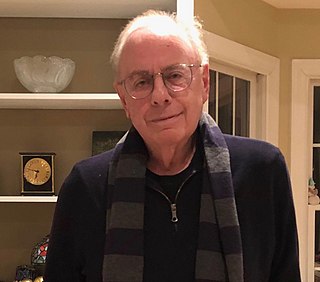Top 150 Noun Quotes & Sayings - Page 3
Explore popular Noun quotes.
Last updated on December 18, 2024.
And why do we reduce the beauty of relating to relationship? Why are we in such a hurry? - because to relate is insecure, and relationship is a security, relationship has a certainty. Relating is just a meeting of two strangers, maybe just an overnight stay and in the morning we say good-bye. Who knows what is going to happen tomorrow? And we are so afraid that we want to make it certain, we want to make it predictable. We would like tomorrow to be according to our ideas; we don't allow it freedom to have its own say. So we immediately reduce every verb to a noun.
Here is what I'm trying to tell you: Adult isn't a noun, it's a verb. It's the act of making correctly those small decisions that fill our day. It is one that you can practice, and that can be done in concrete steps. And if you slip up and have Diet Coke for breakfast, no one busts in and snatches away your Adult card. Just move forward and have milk tomorrow.
A trick I picked up from reading Frank Miller scripts: ... He tended to always start his panel caps sometimes with a general noun and a verb. 'He weeps,' and then there'd be whatever else. And a couple of collaborators of mine have always said that the first sentence of my script is for them, and everything else that comes after is for me. Which is true, that's very much how I try to write. The first line is just to get the physical action down, and then I'll kind of drift off into whatever else I see in my head and they can take it or leave it.
"What is truth?" said jesting Pilate, and would not stay for an answer. Pilate was in advance of his time. For "truth" itself is an abstract noun, a camel, that is, of a logical construction, which cannot get past the eye even of a grammarian. We approach it cap and categories in hand: we ask ourselves whether Truth is a substance (the Truth, the Body of Knowledge), or a quality (something like the colour red, inhering in truths), or a relation ("correspondence"). But philosophers should take something more nearly their own size to strain at. What needs discussing rather is the use, or certain uses, of the word "true." In vino, possibly, "veritas," but in a sober symposium "verum."
Perhaps one would be wise when young even to avoid thinking of oneself as a writer - for there's something a little stopped and satisfied, too healthy, in that. Better to think of writing, of what one does as an activity, rather than an identity - to write, I write; we write; to keep the calling a verb rather than a noun; to keep working at the thing, at all hours, in all places, so that your life does not become a pose, a pornography of wishing.
The Word 'Repulse': I hate this word. I believe 'repel' is a perfectly good word, and 'repulsion' is the noun, as well as the title of an excellent Dinosaur Jr. song. A compulsion compels you; an impulse impels you. Nobody ever says 'compulse' or 'impulse' as a verb. So why would you ever say 'repulse'? This word haunts me in my sleep, like a silver dagger dancing before my eyes. Renee looked it up and I was wrong. But I still kind of think I'm right.
Who dreamt and made incarnate gaps in Time & Space through images juxtaposed, and trapped the archangel of the soul between 2 visual images and joined the elemental verbs and set the noun and dash of consciousness together jumping with sensation of Pater Omnipotens Aeterna Deus to recreate the syntax and measure of poor human prose and stand before you speechless and intelligent and shaking with shame
Poetry is concerned with using with abusing, with losing
with wanting, with denying with avoiding with adoring
with replacing the noun. It is doing that always
doing that, doing that and doing nothing but that.
Poetry is doing nothing but using losing refusing and
pleasing and betraying and caressing nouns. That is
what poetry does, that is what poetry has to do no
matter what kind of poetry it is. And there are a
great many kinds of poetry.
[On suicide:] It's the only cause of death that can be used as a noun to describe the dead person. If you die of cancer you are not called 'a cancer.' If someone else shoots you, you are not referred to as 'a murder.' But if you shoot yourself, you are labeled as a suicide. Your death becomes your definition.
I'm usually homeboys with the same ni**as I'm rhyming wit/But this is hip-hop and them ni**as should know what time it is/And that goes for Jermaine Cole, Big KRIT, Wale/Pusha T, Meek Millz, A$AP Rocky, Drake/Big Sean, Jay Electron', Tyler, Mac Miller/I got love for you all but I'm tryna murder you ni**as/Tryna make sure your core fans never heard of you ni**as/They dont wanna hear not one more noun or verb from you ni**as
When one crosses over from an activity, or the verb, of writing or doing, and becomes a noun, like "a writer" I think that is an act of supreme self-consciousness that I've never, in effect, made. I write, but I don't like to think of myself as a writer. I think it's somewhat self-aggrandizing and pretentious. Now, I am a teacher.
Relationship means something complete, finished, closed. Love is never a relationship; love is relating. It is always a river, flowing, unending. Love knows no full stop; the honeymoon begins but never ends. It is not like a novel that starts at a certain point and ends at a certain point. It is an ongoing phenomenon. Lovers end, love continues. It is a continuum. It is a verb, not a noun.
Here is God's purpose - For God, to me, it seems, is a verb not a noun, proper or improper; is the articulation not the art, objective or subjective; is loving, not the abstraction "love" commanded or entreated; is knowledge dynamic, not legislative code, not proclamation law, not academic dogma, not ecclesiastic canon. Yes, God is a verb, the most active, connoting the vast harmonic reordering of the universe from unleashed chaos of energy.
Andy wasn't capable of any complicated thoughts or ideas. Ideas need a verb and a noun, a subject. Andy spoke in a kind of stumbling staccato. You had to finish sentences for him. So Andy operated through people who could do things for him. He wished things into happening, things he himself couldn't do.
Faith is better understood as a verb than as a noun, as a process than as a possession. It is an on-again-off-again rather than once-and-for-all. Faith is not being sure where you're going but going anyway. A journey without maps. Tillich says that doubt isn't the opposite of faith; it is an element of faith.
Jazz is musical humor. The noun jazz describes a modern American technique for the playing of any music, accompanied by noise called harmony, and interpolated instrumental effects. It also describes music exhibiting influence of that technique which has as its traditional object to secure the effects of surprise, or in the broadest sense, humor.
Growth of the soul is our goal, and there are many ways to encourage that growth, such as through love, nature, healing our wounds, forgiveness, and service. The soul grows well when giving and receiving love. I nourish my soul daily by loving others and being vulnerable to their love. Love is, after all, a verb, an action word, not a noun.
So you actually need spectacles,” Leo finally said. “Of course I do,” Marks said crossly. “Why would I wear spectacles if I didn’t need them?” “I thought they might be part of your disguise.” “My disguise?” “Yes, Marks, disguise. A noun describing a means of concealing someone’s identity. Often used by clowns and spies. And now apparently governesses. Good God, can anything be ordinary for my family?
If you can remember all the accessories that go with your best outfit, the contents of your purse, the starting lineup of the New York Yankees or the Houston Oilers, or what label "Hang On Sloopy" by The McCoys was on, you are capable of remembering the differences between a gerund (verb form used as a noun) and a participle (verb form used as an adjective).
It may be unfathomable in architecture, but it is very practical, or routine, for a person in theater to use action. You have the line, "Come home, son," but you can't play that line by going out and being a mother; you can't be a noun. But you can play to smother your son; you can play to grovel to your son. Again, the real information is carried in action. And, to an annoying degree, theater people talk to each other in infinitive expressions. If you don't have a vivid verb to describe what you're doing, you're probably going to be a pretty bad actress.
In my old age, I have come to believe that love is not a noun but a verb. An action. Like water, it flows to its own current. If you were to corner it in a dam, true love is so bountiful it would flow over. Even in separation, even in death, it moves and changes. It lives within memory, in the haunting of a touch, the transience of a smell, or the nuance of a sigh. It seeks to leave a trace like a fossil in the sand, a leaf burning into baking asphalt.
We need a name for the new replicator, a noun that conveys the idea of a unit of cultural transmission, or a unit of imitation. 'Mimeme' comes from a suitable Greek root, but I want a monosyllable that sounds a bit like 'gene'. I hope my classicist friends will forgive me if I abbreviate mimeme to meme. If it is any consolation, it could alternatively be thought of as being related to 'memory', or to the French word même. It should be pronounced to rhyme with 'cream'.
Toska - noun /?t?-sk?/ - Russian word roughly translated as sadness, melancholia, lugubriousness. "No single word in English renders all the shades of toska. At its deepest and most painful, it is a sensation of great spiritual anguish, often without any specific cause. At less morbid levels it is a dull ache of the soul, a longing with nothing to long for, a sick pining, a vague restlessness, mental throes, yearning. In particular cases it may be the desire for somebody of something specific, nostalgia, love-sickness. At the lowest level it grades into ennui, boredom.
Do not keep company with people who speak of careers. Not only are such people uninteresting in themselves; they also have no interest in anything interesting. . . . Keep company with people who are interested in the world outside themselves. The one who never asks you what you are working on; who never inquires as to the success of your latest project; who never uses the word career as a noun -- he is your friend.

